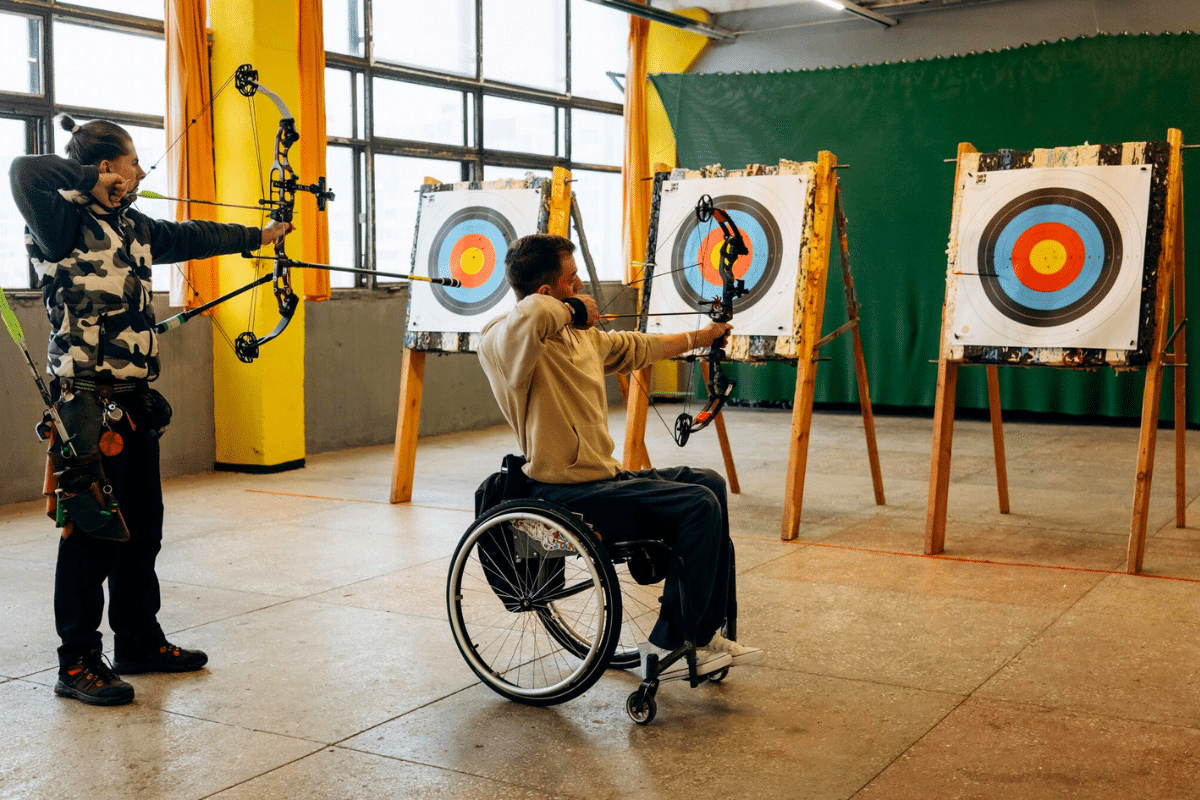Starting January 1st, 2026, more individuals with disabilities will be eligible to open tax-advantaged ABLE…
 Imagine not being able to marry or even live with the person you love for fear of your livelihood being taken away. The documentary Patrice: The Movie shows how this is the reality for many people living with disabilities that are reliant on government benefits to stay financially afloat.
Imagine not being able to marry or even live with the person you love for fear of your livelihood being taken away. The documentary Patrice: The Movie shows how this is the reality for many people living with disabilities that are reliant on government benefits to stay financially afloat.
In the documentary, Patrice Jetter and Garry Wickham decide to get married and move in together. However, they learn that if they do so, they would lose some – or all – of their vital Supplemental Security Income (SSI) and Medicaid benefits. Without these benefits, they would not be able to afford the medications and medical assistance which they both rely on to survive.
The challenges Jetter and Wickham face primarily stem from decades-old limits Congress imposes on SSI applicants and recipients. These limits can lead to penalties or reductions in benefits when beneficiaries marry or live together. This deters people with disabilities from marrying or living with the person they love.
How Marriage Can Affect Supplemental Security Income
Each person’s situation is different, but individuals with disabilities who are receiving financial assistance through the SSI program may see their benefits reduced or canceled if they marry another person. This is because Supplemental Security Income is a needs-based program, meaning eligibility depends on the individual having limited income and resources. When an SSI recipient marries someone, the SSA considers their spouse’s or partner’s income and assets when determining how much assistance the SSI recipient can receive. If the spouse’s income exceeds a certain threshold, the recipient’s SSI benefits can be reduced or cut off entirely.
How Marriage Can Affect Social Security Disability Insurance
Social Security Disability Insurance (SSDI) provides a monthly benefit to people who have a disability that prevents them from working. These benefits are based on work history and qualifying for them does not depend on your having limited income and assets, so they are less affected by marriage than SSI benefits. However, SSDI benefits can be affected if you marry someone who also receives disability benefits and/or if either of you has dependents.
Cohabitation Can Be Similar to Marriage
Disabled people don’t need to be married for their disability benefits to be negatively affected. Living situations with a partner can also influence the benefits you receive. The SSA may view a cohabitating partner as providing financial support, potentially leading to a reduction in benefits.
How Marriage Can Affect Medicaid Benefits
Medicaid eligibility is also income- and asset-based, which means changes in household composition can affect eligibility. For example:
- Income Limits: Medicaid considers the combined income of both partners once they marry or begin cohabitating. If the combined income exceeds the Medicaid eligibility limit, one or both individuals could lose their benefits.
- Asset Limits: Similar to income, Medicaid looks at combined assets. Marriage may result in exceeding asset thresholds, especially if one partner has savings or other financial resources.
- Spousal Impoverishment Protections: For married couples in which one spouse requires long-term care, such as in an assisted living facility or home-based services, Medicaid has rules that allow the nondisabled spouse to retain some assets and income. This is known as spousal impoverishment protections. However, these protections may not always apply to couples in which both individuals are disabled and living in the community.
If you would like to speak with an experienced elder law attorney regarding your situation or have questions about something you have read, please do not hesitate to contact our office at 1 (800) 680-1717. We look forward to the opportunity to work with you.
Disclaimer: The information provided above is for general informational purposes only and is not legal advice.




Comments (0)